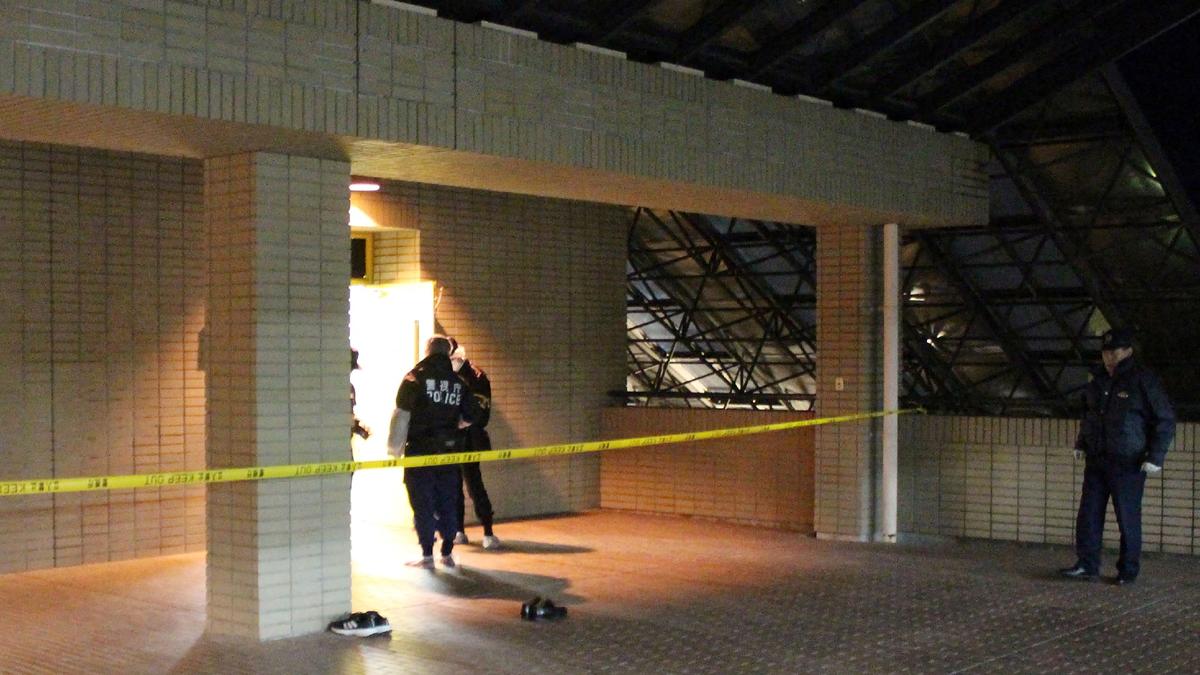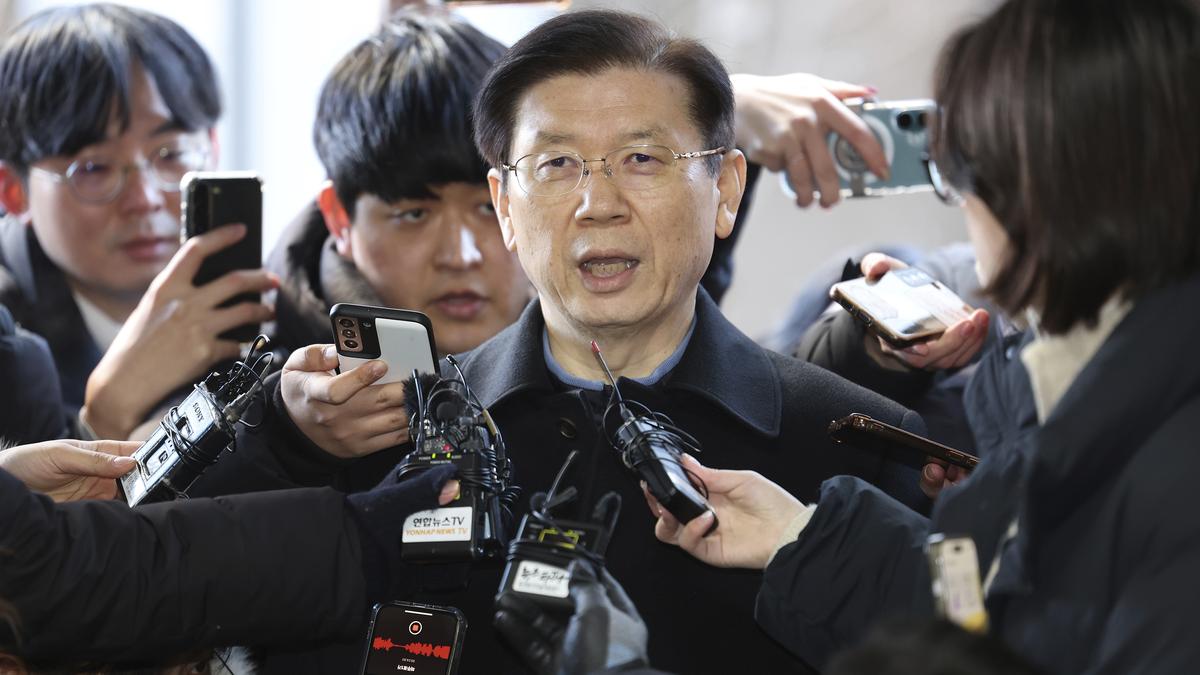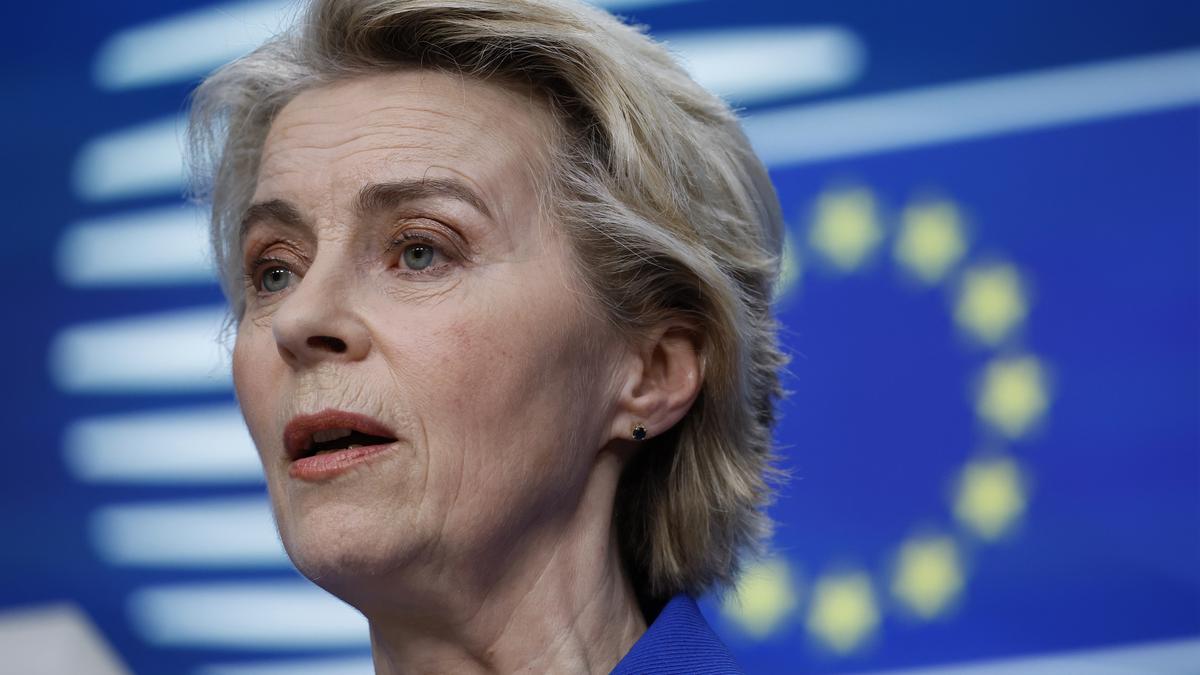(These article is part of the View From India newsletter curated by The Hindu’s foreign affairs experts. To get the newsletter in your inbox every Monday, subscribe here.)
Hundreds of students from American universities have been arrested over the last week for exercising their democratic right to dissent, in the context of the Gaza crisis.
Expressing solidarity with Palestine, they call for a ceasefire, and university divestment from Israel and the U.S. arms industry, in non-violent protests across campuses in the U.S. Authorities and the university administration have, conveniently and provocatively, termed their agitations “antisemitic” for protesters’ criticism of the Israeli state, which has been leading one of the most gruesome wars of our times, unmistakably with US support.
Joan Sony Cherian profiles Nemat ‘Minouche’ Shafik, Columbia University’s president who is under fire.
The US police, in turn, has unleashed its largest response in many years, to the widespread campus activism. While the US, through its diplomatic missions in several countries, has often put out messages on protecting democratic rights and civil liberties, its response to the student protests has been to the contrary.
Seven months into the war on Gaza, about 35,000 Palestinians have been killed, while nearly 78,000 have been injured. The Committee to Protect Journalists, a global nonprofit promoting for press freedom, has estimated that as of April 26, 2024, at least 97 journalists and media workers were among those killed since the war began on October 7. A Hamas delegation, arriving in Egypt today, is expected to respond to Israel’s latest counterproposal for a Gaza ceasefire.
Meanwhile, the conflict has, both deepened and broadened, with Iran coming under the spotlight after its drone and missile attack on Israel earlier this month. In this analysis, our Foreign Affairs Editor Stanly Johny looks at “the new strategic reality of West Asia”. “After the first round, when both sides step back from the brink, the multi-dimensional crisis reinforces Iran’s growing risk appetite in an increasingly volatile and violent West Asia, America’s strategic reluctance, and Israel’s near-total dependency on the United States for its security,” he writes
Top 5 stories this week:
1.The war on Gaza and America’s paradoxical role by Chetan Rana
2. Geneva-based UN-related body to review India’s human rights accreditation status this week, report Suhasini Haider and Ishita Mishra
3.What does Maldivian President Mohamed Muizzu’s supermajority mean for the island nation and region?
4. Stability in Maldives: On the election results and India ties – The Hindu editorial
5.India should not allow Muizzu’s win to affect ties between the two countries
5.A lesson from Taiwan in quake resilience by C.P. Rajendran





